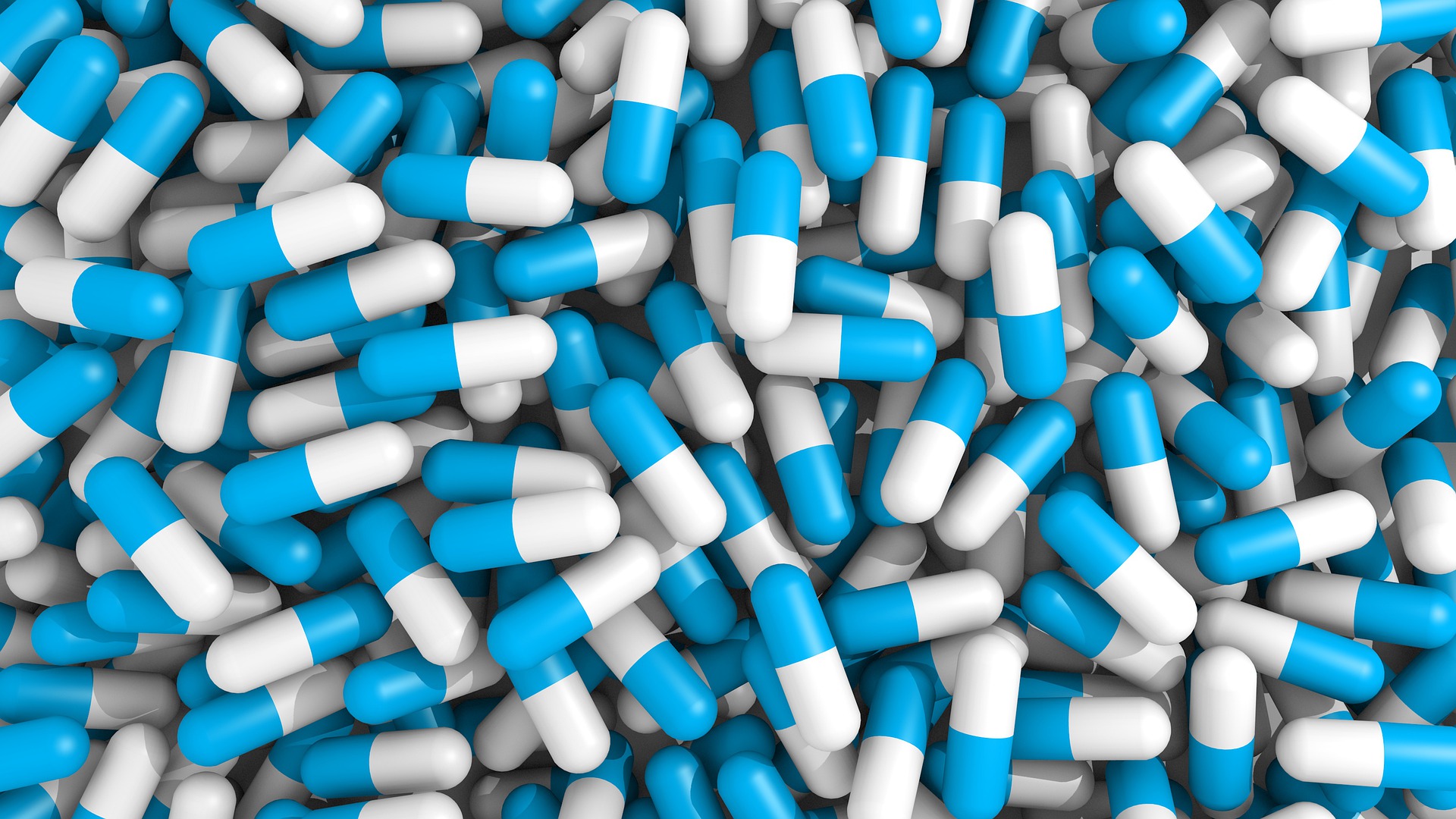Sri Lankan authorities must immediately take all necessary steps to alleviate the shortages of essential medicines and medical equipment, the International Commission of Jurists (ICJ) said today.
Sri Lanka is facing its worst economic crisis in history with escalating cost of living and shortages in essentials like food, fuel and, more importantly, essential medicines and medical equipment. Due to the crisis, Sri Lanka has been unable to source enough resources to pay for essential medicines, which it mainly imports from other Asian nations, such as India, China, Pakistan and Bangladesh.
Hospitals from all over the country are putting out pleas for assistance to donors, both domestic and overseas, to address priority health care needs. Medical stocks ranging from therapeutic drugs, anesthetic drugs, antibiotics, implants and suture materials to paracetamol are at dangerous levels of depletion. Individual doctors have warned of dire consequences once the stocks exhaust, and are relying on donations to fulfill the current needs. Hospitals are pausing non-urgent surgeries to maintain the stock of essential drugs, and have resorted to reusing or rationing medical equipment to prolong its use.
“Essential medicines arecritical to the protection of people’s rights to health and life. The Sri Lankan authorities have immediate obligations to ensure the availability and accessibility of critical healthcare services and products to all people in Sri Lanka. This obligation persists even in the context of an economic crisis, as it did during a public health emergency, such as the COVID-19 pandemic,” said ICJ Secretary General Saman Zia-Zarifi.
“International law requires Sri Lanka, both by using its own resources to the maximum effect, and through soliciting and accepting international cooperation and assistance, to take all necessary measures to protect the rights to life and to the highest attainable standard of health”, he added.
Instead of urgently planning to combat the shortage of essential medicines, the Government initially denied that medicines were running out, although it later admitted the shortage of some drugs and equipment. The Government Medical Officers’ Association (GMOA) has blamed the Government’s poor financial and economic management, and called upon people from overseas to donate supplies. Similarly, the Sri Lanka Medical Association has expressed concern about the shortages and warned of likely increase in morbidity and mortality rates, and urged the Government to resolve the economic crisis immediately.
“The Sri Lankan authorities have failed to address the essential health needs of the population. The ICJ supports calls for the Government to take urgent action to avoid catastrophic consequences, including unnecessary loss of life and the suffering of those who cannot access basic medical goods and services,” said Zarifi.
Background
Sri Lanka is a party to a number of treaties that protect the rights to health and life. For example, under Article 12 of the International Covenant on Economic, Social and Cultural Rights (ICESCR), Sri Lanka has an international obligation to ensure that everyone has access to healthcare services, including medicines. This obligation is encompassed in the Directive Principles for State Policy, which requires the State to “ensure social security and welfare” and secure an “adequate standard of living”.
In accordance with the UN Committee on Economic, Social and Cultural Right’s authoritative interpretation of Article 12 of the ICESCR in its General Comment 14, medicines provided must be available to all, affordable, and of adequate quality. In its concluding observations to Sri Lanka issued in 2017, the Committee expressed concern that “the public health-care system is characterized by a very low and decreasing expenditure as a percentage of GDP, regional disparities in healthcare infrastructure, long waiting lists for specialist care high out-of-pocket health expenses, high prices of medicines and expensive private medical care.” Under the ICESCR, as affirmed in General Comment 14, the provision of essential medicines is core obligation of immediate effect.
Sri Lanka is also a party to the International Covenant on Civil and Political Rights . In its General Comment 36 on the right to life the Human Rights Committee has called on States to take all necessary measures to ensure “adequate conditions for protecting the right to life”, which includes guaranteeing the availability of essential medicines.





